Practical Wisdom
The Right Way to Do the Right Thing
Editorial Review
Practical wisdom is the essential human quality that combines the fruits of our individual experiences with our empathy and intellect-an aim that Aristotle identified millennia ago. It's learning the right way to do the right thing in a particular circumstance, with a particular person, at a particular time. But we have forgotten how to do this. In Practical Wisdom, Barry Schwartz and Kenneth Sharpe illuminate how to get back in touch with our wisdom: how to identify it, cultivate it, and enact it, and how to make ourselves healthier, wealthier, and wiser.
Book Reviews
Books on Related Topics
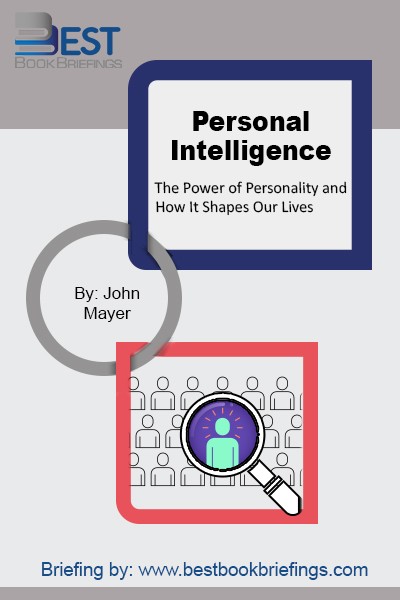
Today, many psychologists are developing new accounts of how personality works based on the rapid accumulation of findings of the field, namely, the theory of a new human intelligence – a mental capacity that we use to guide our lives – to reason about ourselves and other people. This ability to
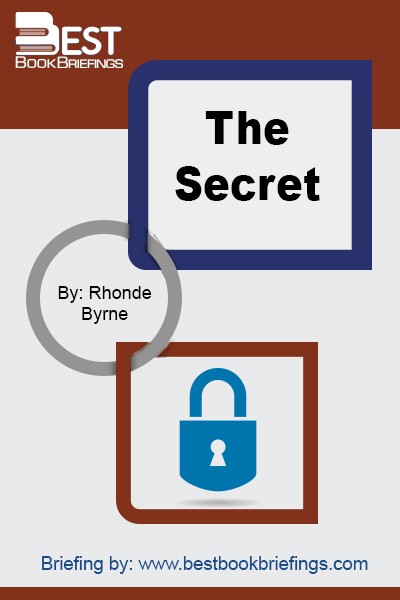
Fragments of a Great Secret have been found in the oral traditions, in literature, in religions and philosophies throughout the centuries. For the first time, all the pieces of The Secret come together in an incredible revelation that will be life-transforming for all who experience it. In this book, you'll learn how

Positive intelligence provides answers to most of our pressing questions: Why do most dieters succumb to yo-yo dieting? Why is our increased happiness so fleeting after we achieve what we thought would bring lasting happiness? Why do new leadership skills acquired in workshops soon give way to old habits? Why do
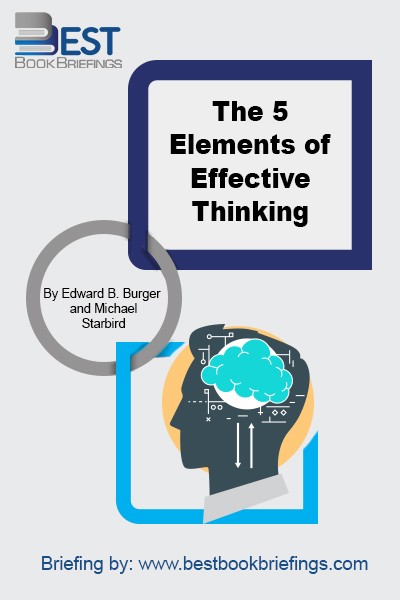
The root of success in everything, from academics and business to personal relationships, is thinking—whether it’s disguised as intuition, good values, decision making, problem solving, or creativity. Therefore, thinking more effectively is the key to success. Doing anything better requires effective thinking—that is, coming up with more imaginative ideas,facing complicated problems,
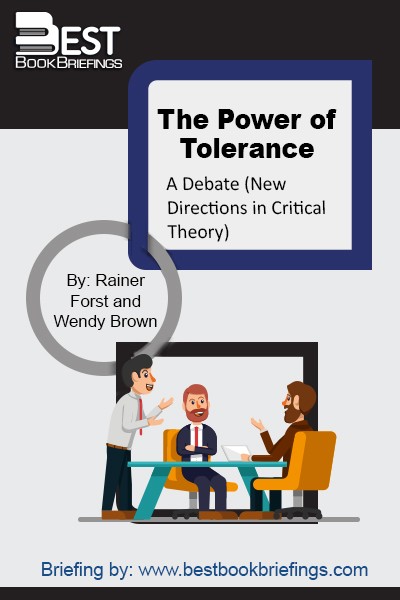
We invoke the ideal of tolerance in response to conflict, but what does it mean to answer conflict with a call for tolerance? Is tolerance a way of resolving conflicts or a means of sustaining them? Does it transform conflicts into productive tensions, or does it perpetuate underlying power relations? To
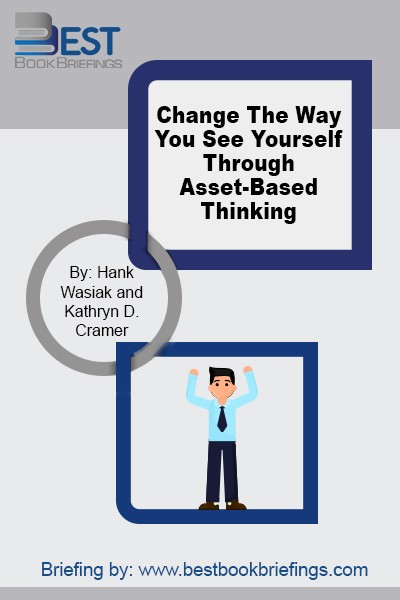
“Whatever you admire in someone, you have in yourself-if only but a glimmer. In fact, when a person’s talent, virtue, skill or attitude strikes you as amazing, you can be sure it’s something you want more of for yourself. You are ready, willing, and able to incorporate it into your repertoire
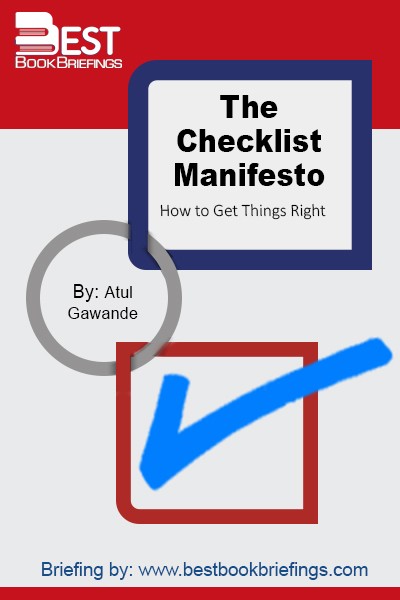
The modern world has given us stupendous know-how. Yet avoidable failures continue to plague us in health care, government, law and the financial industry. And the reason is simple: the volume and complexity of knowledge today has exceeded our ability as individuals to properly deliver it to people consistently, correctly and
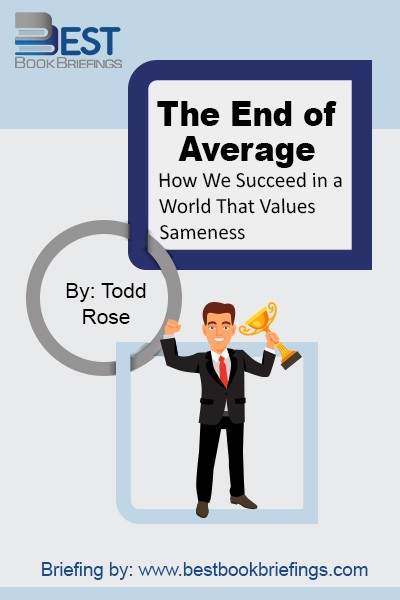
From the cradle to the grave, you are measured against the ever-present yardstick of the average, judged according to how closely you approximate it or how far you are able to exceed it. Today, however, we are on the brink of a new way of seeing the world, a change driven
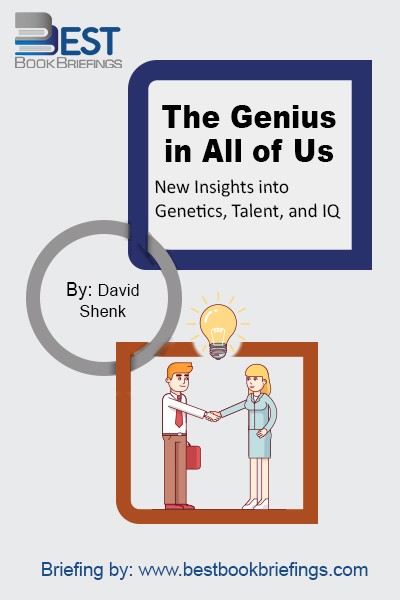
With irresistibly persuasive vigor, David Shenk debunks the long-standing notion of genetic “giftedness,” and presents dazzling new scientific research showing how greatness is in the reach of every individual. DNA does not make us who we are. “Forget everything you think you know about genes, talent, and intelligence,” he writes.



